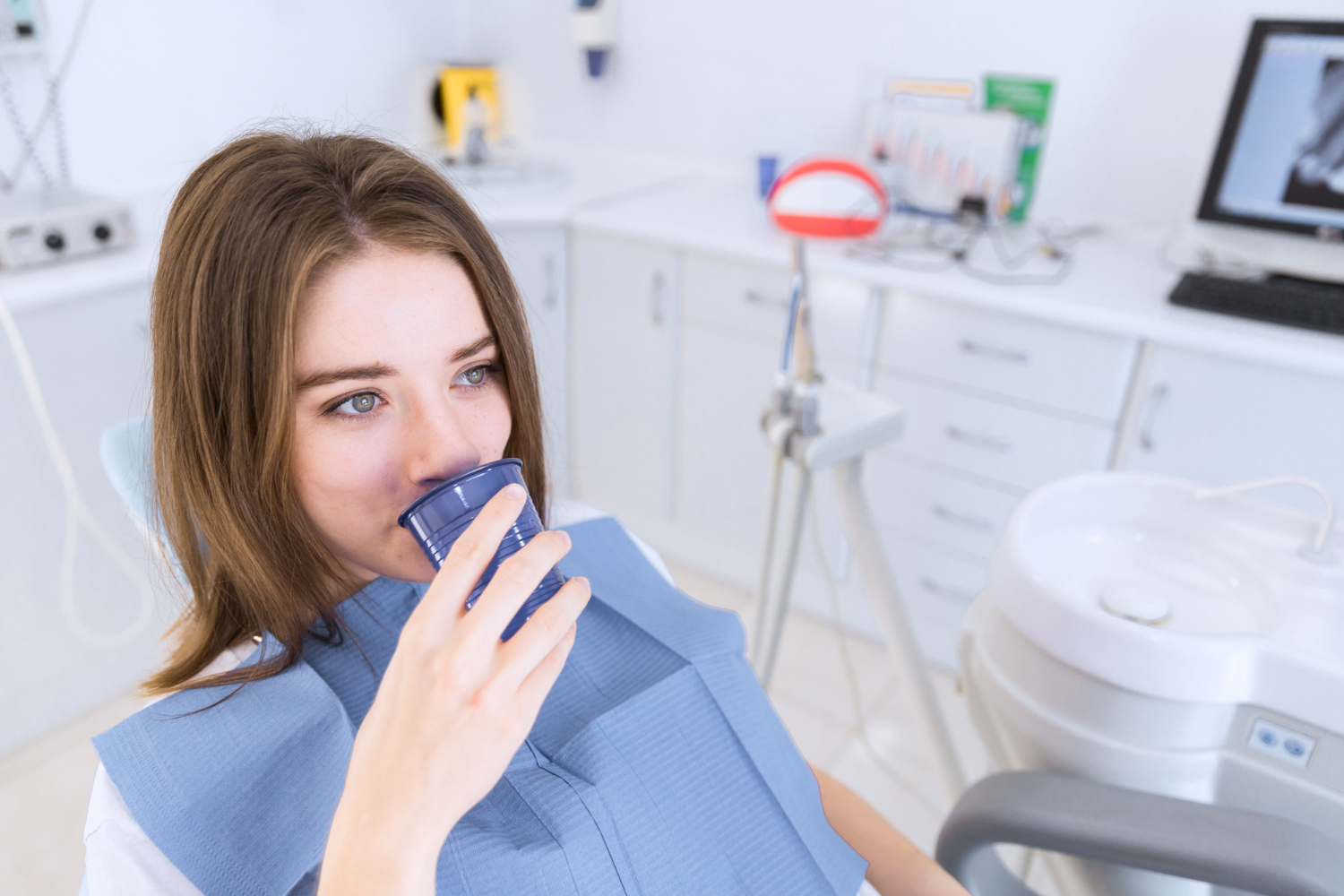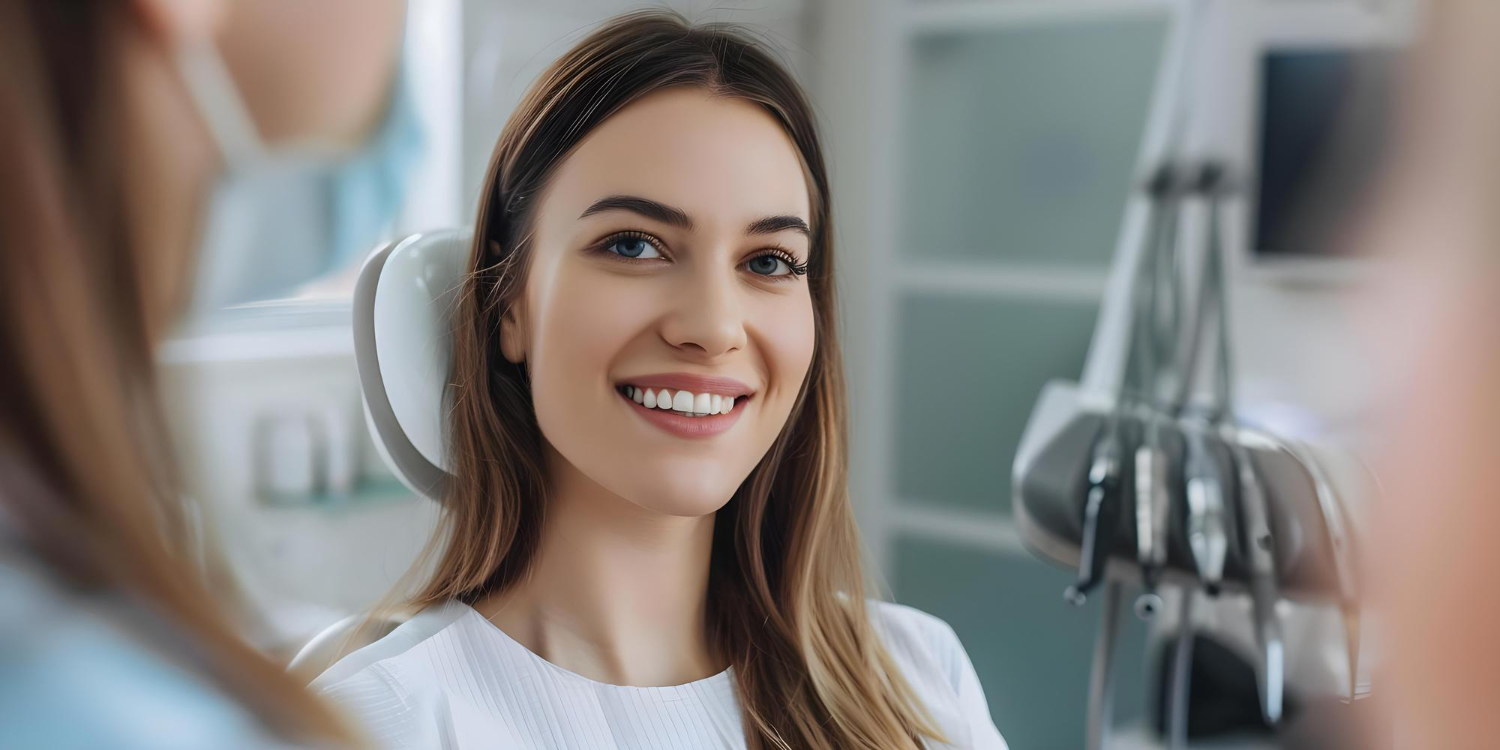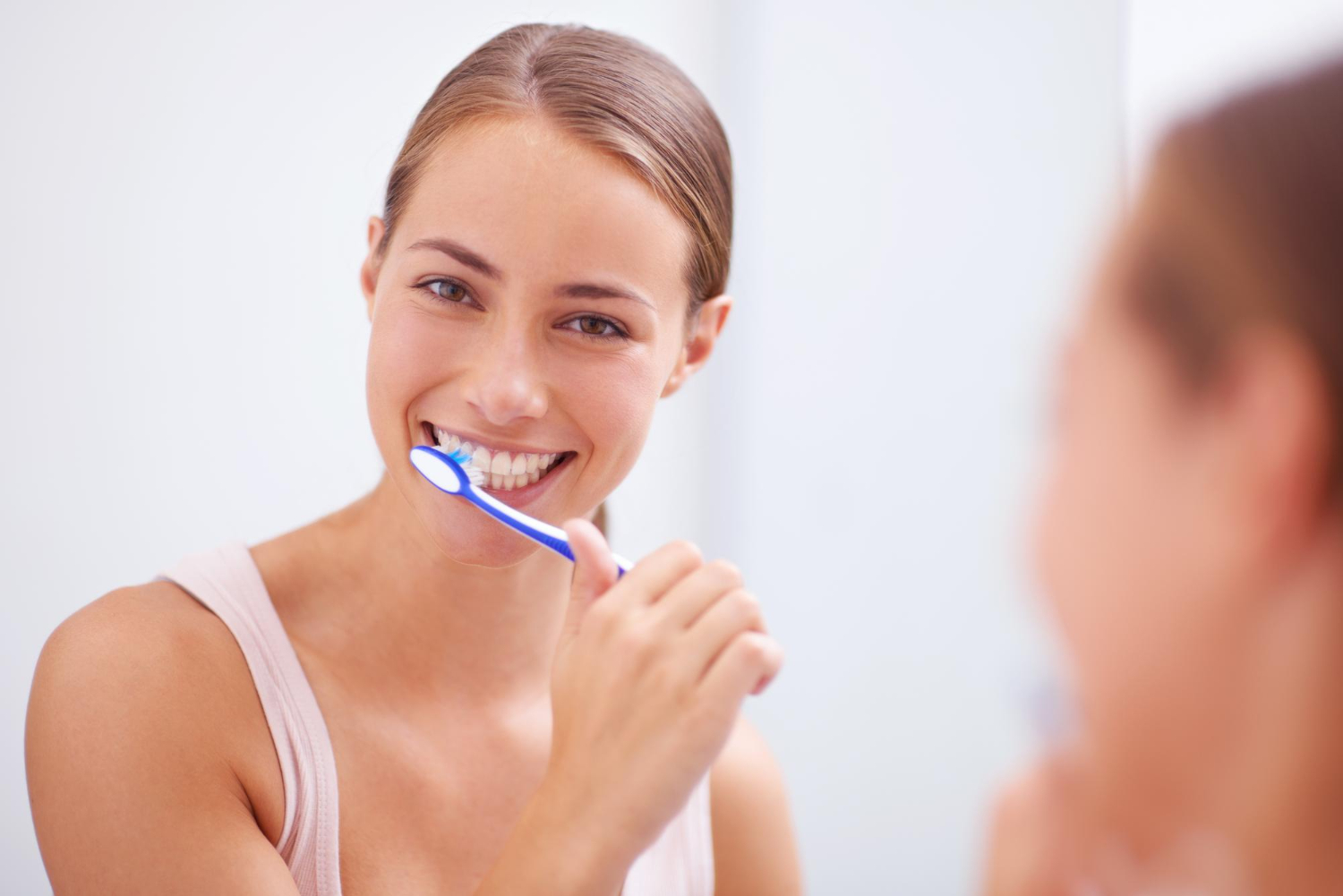Brushing your teeth might feel like second nature, but how often should you actually be doing it? There’s more to it than just routine—your habits impact your gums, enamel, breath, and long-term dental health. Let’s break down what most people don’t realize about brushing frequency and what your mouth really needs every day.
Ideal Frequency for Daily Tooth Brushing According to Dentists
Dentists agree that brushing your teeth twice a day hits the sweet spot for most people. That morning brush helps remove the plaque and bacteria that build up overnight, while the evening brush clears away the debris, sugar, and acid from your daily meals. This regular routine keeps harmful bacteria from growing and protects your gums from inflammation.
Brushing more than twice a day can be helpful in certain situations, but only if done gently. For example, if you have braces, are prone to cavities, or just ate something sticky, a quick brush might help. However, dental professionals often warn against brushing too often or too hard because it can damage enamel. The key is quality over quantity—brushing well twice daily is more effective than brushing poorly several times.

Reasons Twice-a-Day Brushing is the Dental Standard
Twice-a-day brushing became the gold standard because it aligns with how plaque builds up. After about 12 hours, plaque begins to harden into tartar, which is much harder to remove without a cleaning. Brushing every 12 hours helps disrupt that cycle and prevents buildup before it becomes a problem.
Morning brushing also refreshes your mouth after hours of dry conditions that allow bacteria to multiply, while nighttime brushing clears out the day’s food particles and acids that would otherwise sit on your teeth as you sleep. It’s this timing that matters—regular brushing gives your teeth a fighting chance against decay, especially when paired with flossing and routine checkups.
The Impact of Skipping Evening Tooth Brushing on Oral Health
Skipping the evening brush has more consequences than most realize. All day, you eat, drink, talk, and breathe—your mouth is busy. And by bedtime, your teeth are coated with a mix of food residue, natural bacteria, and acid from meals and snacks. If you don’t brush before bed, that mix settles in, feeding the bacteria that cause cavities and gum disease.
Over time, missing nightly brushing can lead to chronic inflammation in your gums and enamel erosion. It’s like leaving dirty dishes out overnight—it gets harder to clean the longer it sits. Saliva, which helps protect your mouth, slows down when you sleep. That means your teeth don’t get the same level of protection from acid, making your nighttime brushing session even more important.
What Makes Brushing After Meals Beneficial for Teeth?
Brushing after meals can help remove leftover food particles and reduce the acid load in your mouth. This is especially useful after meals rich in carbs or sugars, which bacteria love to feed on. By brushing soon after eating, you remove the food that those bacteria would use to produce harmful acid.
That said, timing is everything. If you’ve eaten something acidic—like citrus fruits or soda—it’s best to wait 30 minutes before brushing. Acid softens your enamel, and brushing too soon can wear it down. Rinse with water, wait a bit, and then brush. This approach keeps your enamel strong while still helping you stay clean between your morning and evening routine.
Signs You Might Be Overbrushing Your Teeth
It’s possible to have too much of a good thing. Brushing aggressively or too frequently can wear down your enamel and push back your gums, exposing sensitive parts of your teeth. If your teeth feel extra sensitive or your gums look like they’re receding, it could be from overbrushing, not underbrushing.
Another clue is the condition of your toothbrush. If it looks frayed after a couple of weeks, you might be brushing too hard. Your toothbrush should last about three months. Stick with soft bristles and gentle strokes—think of brushing as massaging, not scrubbing. If you’re unsure, your dental hygienist can spot signs of abrasion during a regular exam.

What Are the Dental Consequences of Brushing Only Once Daily?
Brushing only once a day leaves your mouth exposed to bacteria for longer periods, especially overnight. That gives plaque more time to harden into tartar, which can’t be removed with brushing alone. Once tartar forms, it needs to be scraped off professionally, or it can lead to gum disease and tooth decay.
Beyond cavities, brushing once daily can also impact your breath and the overall cleanliness of your mouth. Without the consistent removal of bacteria, your gums can become inflamed and infected over time. This early stage of gum disease, called gingivitis, can progress if left unchecked, leading to more serious oral health issues.
Dental Professional Recommendations for Brushing Frequency
Dental professionals generally recommend brushing twice a day, once in the morning and once at night, for at least two minutes each session. This gives you enough time to thoroughly clean every surface—front, back, and chewing surfaces. Pairing brushing with flossing once daily and regular cleanings completes the core of good oral hygiene.
Dentists might suggest a third brushing if you’re wearing aligners or dealing with health conditions like dry mouth. But for most people, a strong twice-a-day routine with proper technique is the best line of defense. We often remind patients that it’s not just how many times you brush, but how well you do it that makes the biggest difference.
Keep Your Smile Strong with Personalized Dental Care from Smiling Creek Dental
Every smile tells a story—and that story deserves the best care. At Smiling Creek Dental, we help you build strong habits and stay ahead of dental issues before they start. Whether you’re wondering if you’re brushing too hard, too little, or just want a better routine that fits your lifestyle, our team is ready to help you find the answers. We believe dental care should be simple, clear, and personalized to your needs.
Don’t leave your dental health up to guesswork. Whether you’re due for a checkup or ready for a fresh start, our friendly professionals are here to make your experience stress-free and effective. Contact us today to schedule a visit and let Smiling Creek Dental help you keep that healthy smile going strong all year long.


